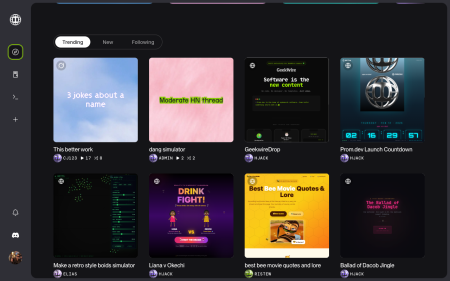Amazon and Ford Partner to Bring Certified Pre-Owned Vehicle Sales to Online Marketplace
In a significant development for the automotive retail industry, Amazon and Ford have announced a strategic partnership that will enable customers to purchase certified pre-owned Ford vehicles directly through the Amazon.com platform. Launching initially in three major U.S. metropolitan areas—Los Angeles, Seattle, and Dallas—this collaboration represents Amazon’s continued expansion into the automotive market and Ford’s embrace of digital retail channels to reach modern consumers. The program aims to blend traditional automotive purchasing elements with the convenience and familiarity of online shopping, potentially reshaping how Americans buy cars in the coming years.
The new service allows potential car buyers to browse through certified Ford inventory from participating dealerships located within a 75-mile radius of these pilot cities. This customer-centric approach streamlines the often cumbersome car-buying process by enabling shoppers to complete most of the necessary paperwork online, arrange financing options—including through Ford Credit—and schedule vehicle pickup at their local franchised Ford dealership. By combining digital convenience with the security of purchasing through established dealer networks, both companies are addressing common consumer pain points in the used car buying journey while maintaining the crucial final touchpoint at physical dealerships. Ford emphasized this balance in their announcement, noting that the program “combines the trust and quality of a Ford-certified vehicle with the familiar, convenient shopping experience of Amazon.”
This partnership represents the latest move in Amazon’s strategic expansion into automotive retail, following its earlier entry into the sector through a 2023 agreement with Hyundai—though that arrangement notably included new vehicles, unlike the Ford partnership’s focus on the certified pre-owned segment. Amazon has also recently ventured further into the used car market through a separate agreement with Hertz Car Sales announced earlier this year, indicating the e-commerce giant’s determined push to capture a significant portion of the multi-trillion dollar automotive retail industry. For Amazon, these partnerships leverage its massive customer base and sophisticated e-commerce platform to disrupt yet another traditional retail category, potentially adding significant revenue streams and deepening customer engagement with its ecosystem.
For Ford, this collaboration offers an innovative channel to reach digital-native consumers who increasingly expect seamless online purchasing options across all product categories, including high-value items like automobiles. The certified pre-owned focus is particularly strategic, as these vehicles typically offer better profit margins for dealerships while providing consumers with manufacturer-backed quality assurances that address common concerns about used vehicle purchases. By maintaining dealer involvement in the final delivery process, Ford preserves its valuable franchised dealer network while still modernizing the customer acquisition journey. The program also allows Ford to gather valuable data on online car shopping behaviors that could inform future retail strategies across its broader vehicle lineup.
The regional rollout strategy in three diverse metropolitan markets suggests a measured approach to testing and refining the program before potential nationwide expansion. Seattle’s selection as a launch market is particularly noteworthy given Amazon’s hometown presence, potentially allowing for closer monitoring and rapid iteration of the customer experience. Los Angeles and Dallas represent large, car-dependent markets with different demographic profiles, providing valuable diversity for testing consumer adoption across varied customer segments. This cautious expansion mirrors approaches used in other automotive retail innovations, recognizing the complexity of integrating digital commerce with the highly regulated, high-value nature of vehicle transactions.
As consumers increasingly expect omnichannel retail experiences, this Amazon-Ford partnership represents a potential inflection point in automotive retail’s digital transformation. While online car buying platforms have existed for years, the combination of Amazon’s e-commerce dominance and Ford’s automotive heritage brings unprecedented scale and credibility to the digital car buying experience. If successful, this model could accelerate broader industry shifts toward hybrid online-offline car buying journeys, with implications for dealership operations, automotive marketing strategies, and consumer expectations. As both companies gather data from these initial markets, the automotive industry will be watching closely to see whether this signals the beginning of a fundamental shift in how Americans shop for and purchase vehicles in the increasingly digital marketplace of the mid-2020s.















